Uncover the Hidden Truth: Exploring the Power of Forensic Audio Enhancement
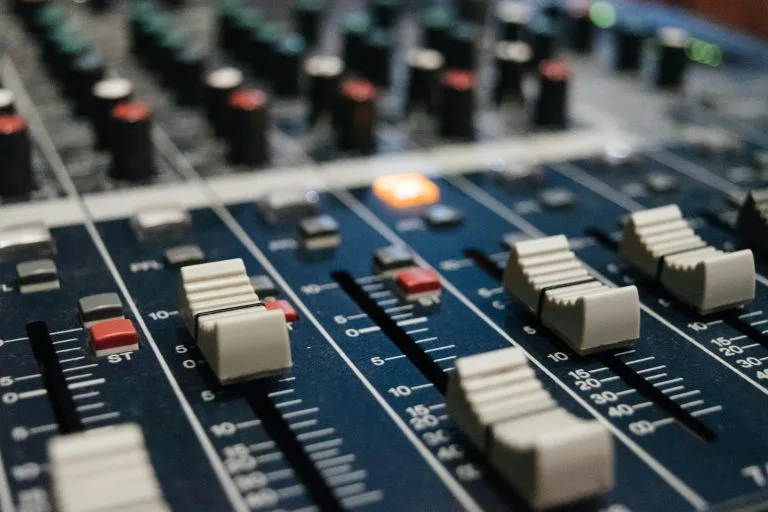
When it comes to solving crimes and revealing critical evidence, forensic audio enhancement and clarification have become invaluable tools in criminal and civil cases. By applying cutting-edge technology, forensic audio experts can extract details and enhance audio recordings that play a crucial role in legal proceedings.
In this article, we examine the power of forensic audio enhancement and how it has revolutionized the field of criminal and civil investigation. We explore the techniques employed by forensic audio specialists to clarify unclear or distorted audio, such as background noise reduction, removing hum and hiss, and amplifying human speech. By unraveling the layers of audio recordings, investigators can amplify whispers, make voices clear, and even extract previously inaudible sounds to reconstruct events.
With the rise of digital recordings and the prevalence of surveillance systems, forensic audio enhancement has become an essential tool for both law enforcement agencies and legal professionals. By harnessing the power of technology to reveal the truth, it not only aids in solving crimes but also ensures a fair and just legal system.
Join us as we explore the fascinating world of forensic audio enhancement.
Importance of forensic Audio Enhancement in Investigations
The ability to extract crucial evidence from audio recordings is paramount.
This could be audio recorded on Ring cameras, surveillance video, dash cams, officer body-worn cameras (BWC), or cell phone videos. The audio can be extracted from the video, clarified to hear what is being said, then, resynchronized with the original video.
The impact of forensic audio enhancement on investigations cannot be overstated. It has helped law enforcement agencies solve complex cases, corroborate witness testimonies, and provide irrefutable evidence in court proceedings. As technology continues to evolve, the capabilities of forensic audio enhancement are also expanding, making it an increasingly valuable asset in the pursuit of justice.
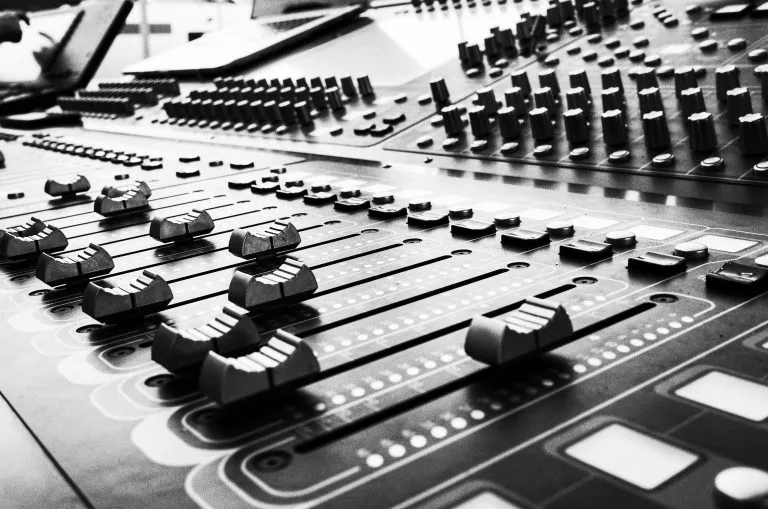
Forensic Audio Enhancement Techniques and Tools
Forensic audio enhancement is a multifaceted field that employs a range of specialized techniques and tools to improve the quality and clarity of audio recordings.
One of the fundamental approaches is noise reduction, which involves identifying and reducing unwanted background sounds, such as traffic, machinery, or environmental interference. Sophisticated algorithms and filters are used to isolate the desired audio signal, allowing law enforcement and legal professionals to focus on the relevant information.
Another crucial technique is audio restoration, which aims to address issues like distortion, hissing, or muffled audio. By applying digital signal processing and advanced algorithms, forensic audio analysts can restore the audio quality, enhancing the audibility and intelligibility of the voices.
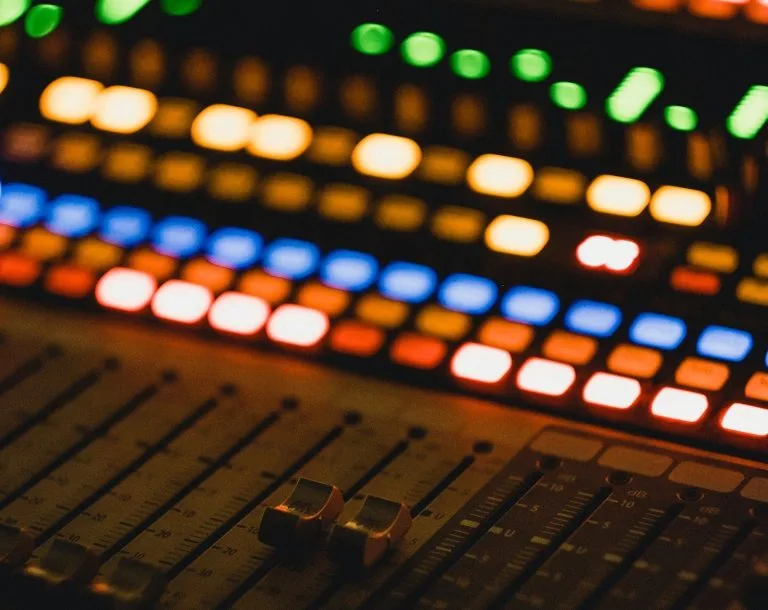
The arsenal of forensic audio enhancement also includes tools for time-domain and frequency-domain processing, allowing experts to select the audio waveform or isolate specific frequency ranges within the spectrograph. These capabilities are crucial in scenarios where important information may be buried within the audio, such as whispered conversations or identifying distant gunshots within an audio recording.
By leveraging this comprehensive toolkit, forensic audio enhancement experts can meticulously analyze and enhance audio recordings, transforming seemingly unusable evidence into vital clues that can make a significant difference in investigations and legal proceedings.
Common Challenges in Forensic Audio Enhancement
Forensic audio enhancement is not without its challenges. The complexities and nuances of audio recordings can present a range of obstacles that require expertise to overcome.
In addition to the circumstances mentioned above, Forensic audio enhancement experts also face the challenge of working with low-quality or degraded recordings. In some cases, the original audio may be recorded using outdated or subpar equipment, resulting in poor sound quality and limited information. Enhancing these recordings to extract meaningful evidence requires a combination of technical expertise and creative problem-solving.
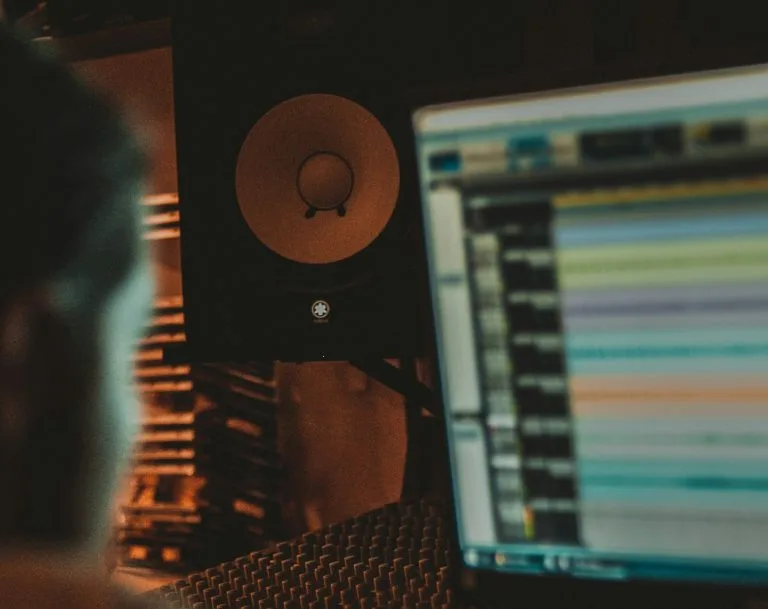
Naturally, the sheer volume of audio data that can be involved in investigations can pose a significant challenge. Forensic experts must sift through hours of recordings, meticulously analyzing each one to identify relevant information. Efficient workflow management and the use of specialized software tools are essential in managing this vast amount of audio data.
Despite these challenges, forensic audio enhancement professionals continue to push the boundaries of what is possible, leveraging their expertise and the latest technological advancements to uncover the hidden truth within audio recordings.
Case Studies Showcasing the Effectiveness of Forensic Audio Enhancement
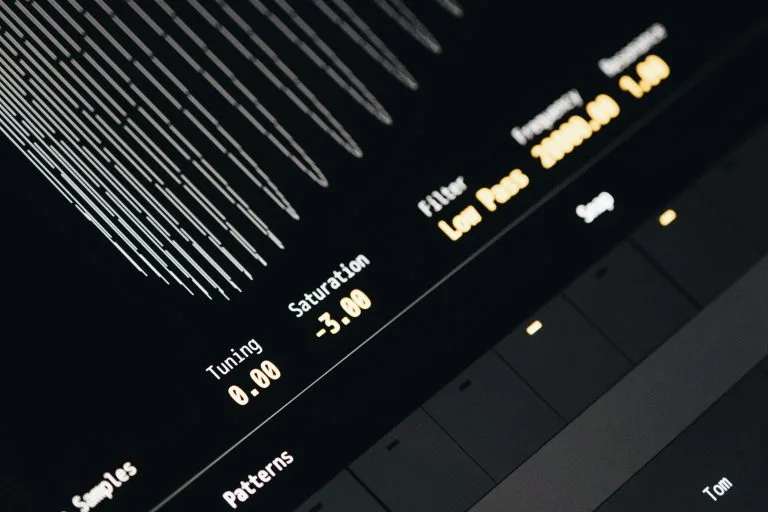
The power of forensic audio enhancement is best demonstrated through real-world case studies that highlight its impact on investigations and legal proceedings. These examples showcase how this specialized field can uncover critical evidence and play a pivotal role in discovering the truth.
One such case involved an undercover informant in a bar, where the primary evidence was a body-wire recording with the suspect. The audio recordings were plagued by background noise and distortion, making it difficult for investigators and attorneys to understand the conversations. By employing forensic audio enhancement techniques, forensic audio experts were able to isolate and enhance the relevant audio, revealing that a transcript was incorrect and incriminating statements were never made. This led to specific charges being dropped and the defendant pleaded to misdemeanor charges.
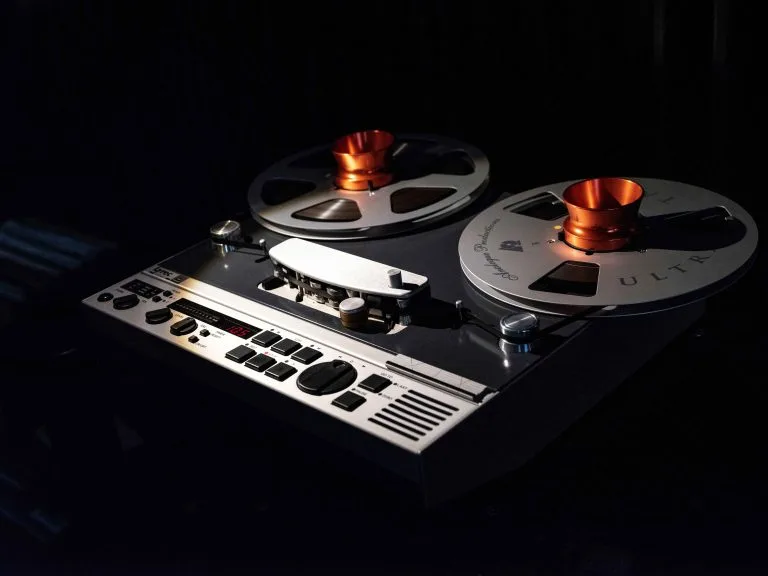
In another civil case, the plaintiff recorded many hours of telephone conversations, however, the amplitude of the voice on the other end of the line was too low to understand. Using forensic audio enhancement, audio analysts were able to amplify the faint voices so both sides of the conversation could be heard. This audio enhancement technique to correct near-voice-far-voice works well in other criminal and civil situations from officer body camera or cell phone recordings needing audio amplification.
These case studies demonstrate the transformative power of forensic audio enhancement. By leveraging cutting-edge technology and specialized expertise, investigators and legal professionals can corroborate witness testimonies, and gather irrefutable evidence to ensure the integrity of the justice system.
As the field continues to evolve, the impact of forensic audio enhancement will only become more profound in the pursuit of truth and justice.
Legal Considerations in Using Forensic Audio Enhancement as Evidence
The use of forensic audio enhancement as evidence in legal proceedings is a complex and nuanced topic that requires careful consideration. While the power of this technology to extract critical information is undeniable, there are a number of legal and ethical considerations that must be addressed.
One of the primary concerns is the admissibility of enhanced audio evidence in court. Judges and juries must be able to trust the reliability and authenticity of the audio recordings presented as evidence. Therefore, forensic audio enhancement experts must be able to demonstrate the integrity of their processes, the validity of their techniques, and the transparency of their methods to ensure that the enhanced audio is accepted as credible and admissible.
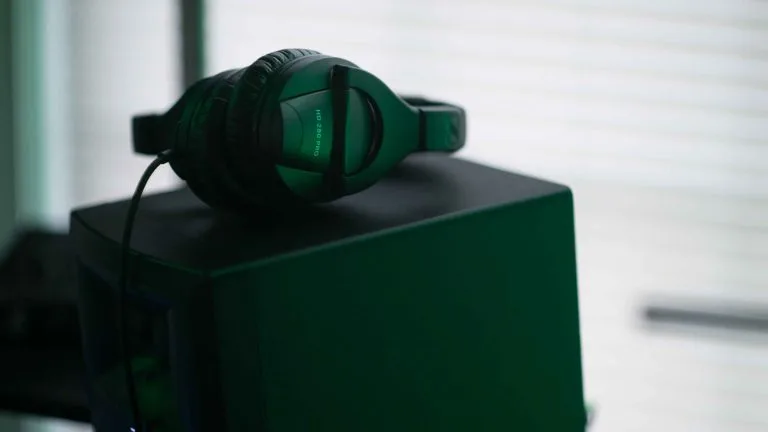
Another crucial consideration is the chain of custody. Proper documentation and handling of the audio recordings are essential to maintain the integrity of the evidence. Any gaps or breaks in the chain of custody can raise questions about the validity of the enhanced audio and potentially undermine its admissibility in court.
The issue of privacy and consent also comes into play when dealing with audio recordings. In some jurisdictions, the recording of conversations without the knowledge or consent of all parties involved may be considered a violation of privacy laws. Forensic audio enhancement experts must be mindful of these legal and ethical concerns and ensure that the use of their techniques complies with relevant regulations.
Additionally, experts must be able to clearly and effectively communicate the technical aspects of their work in court, translating complex audio processing concepts into language that judges and juries can understand. This can be a significant challenge, but it is essential for the effective use of this evidence in legal proceedings.
By navigating these legal considerations and upholding the highest standards of ethical and professional conduct, forensic audio enhancement experts can ensure that their work contributes to a fair and just legal system. As the field continues to evolve, the legal landscape surrounding the use of this technology will also continue to change, requiring ongoing vigilance and collaboration between forensic experts, legal professionals, and policymakers.
Hiring a Forensic Audio Enhancement Company
When it comes to criminal investigations or legal proceedings, the need for reliable and high-quality forensic audio enhancement services cannot be overstated. Hiring a professional team of audio and video experts can make all the difference in identifying critical evidence and ensuring the success of a case.
When selecting a forensic audio enhancement service, it is essential to look for a provider with a proven track record of excellence and a deep understanding of the legal and technical aspects of the field. This includes evaluating the qualifications and certifications of the team, as well as their experience in handling a diverse range of audio enhancement challenges.
A reputable forensic audio enhancement company should be able to demonstrate a comprehensive suite of tools and techniques, from advanced noise reduction and audio restoration to specialized analysis and enhancement methods. They should also have the capacity to handle large volumes of audio data and maintain strict protocols for chain of custody and evidence handling.
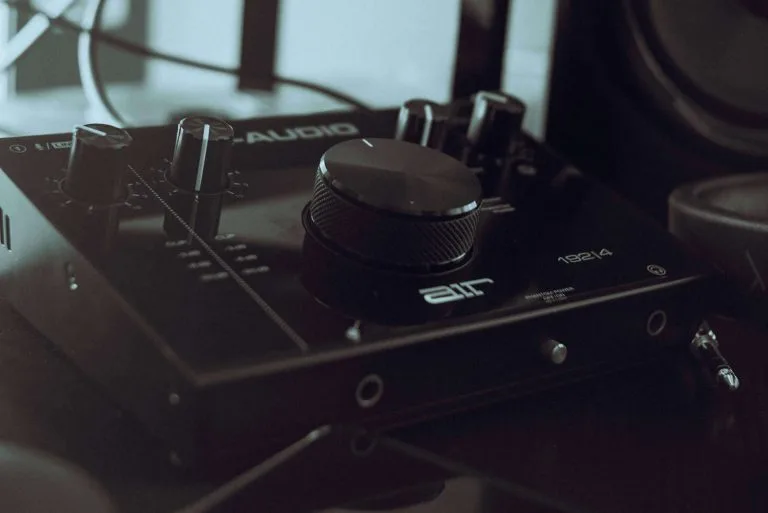
In addition to technical expertise, the forensic audio company should also be well-versed in the legal considerations surrounding the use of audio evidence. They should be able to provide expert testimony, if required, and work closely with legal professionals to ensure the admissibility and credibility of their findings.
When evaluating potential forensic audio enhancement service providers, it is important to consider factors such as turnaround time, cost-effectiveness, and the availability of customized solutions to meet the unique needs of each case. A reliable forensic audio company should be responsive, transparent, and committed to delivering high-quality results that can withstand the scrutiny of the legal system.
By partnering with a professional forensic audio enhancement service, investigators and legal professionals can strengthen the integrity of their cases. This collaboration can prove invaluable in the pursuit of justice and the protection of the rights of all parties involved.
Future Advancements in Forensic Audio Enhancement Technology
As the field of forensic audio enhancement continues to evolve, the potential for groundbreaking advancements in technology and capabilities is both exciting and promising. With the rapid pace of technological innovation, forensic audio experts are poised to unlock new frontiers in the pursuit of revealing the hidden truth within audio recordings.
One area of significant development is the integration of artificial intelligence (AI) and machine learning algorithms into forensic audio enhancement processes. These advanced computational tools have the ability to analyze audio data with speed and accuracy, identifying patterns, isolating relevant signals, and enhancing audio quality in ways that were previously unimaginable.

As AI-powered forensic audio enhancement tools become more sophisticated, they will enable experts to tackle increasingly complex challenges, such as separating multiple overlapping voices, detecting subtle changes in vocal characteristics, and even reconstructing partially obscured or corrupted audio. This could revolutionize the way investigations and legal proceedings are conducted, providing investigators and legal professionals with an even more powerful arsenal of tools to identify the truth.
Additionally, the continued miniaturization and portability of audio recording devices, coupled with the proliferation of surveillance systems and digital communication platforms, will likely result in an exponential increase in the volume of audio data that requires forensic enhancement. To keep pace with this growing demand, forensic experts will need to develop innovative tools and techniques that can efficiently process and analyze large-scale audio data, while maintaining the highest standards of accuracy and reliability.
As the future unfolds, the evolution of forensic audio enhancement technology will undoubtedly play a pivotal role in shaping the landscape of criminal investigations and legal proceedings. By harnessing the power of emerging technologies and continuing to push the boundaries of what is possible, forensic audio experts will be better equipped to contribute to a more just and equitable legal system.
Conclusion: Harnessing the Power of Forensic Audio Enhancement in Investigations
In the ever-evolving world of criminal investigations and legal proceedings, the power of forensic audio enhancement has become an invaluable asset in the pursuit of truth and justice. By harnessing the latest technological advancements and the expertise of specialized professionals, this field has transformed the way we approach the analysis and interpretation of audio evidence.
From isolating crucial conversations and identifying perpetrators to uncovering previously inaudible details, forensic audio enhancement has proven to be a game-changer in solving complex cases and ensuring the integrity of the legal system. As digital audio recordings and video surveillance systems continue to increase, the importance of the specialized field of audio forensics will only continue to grow, providing investigators and legal professionals with the tools they need to uncover the hidden truth.
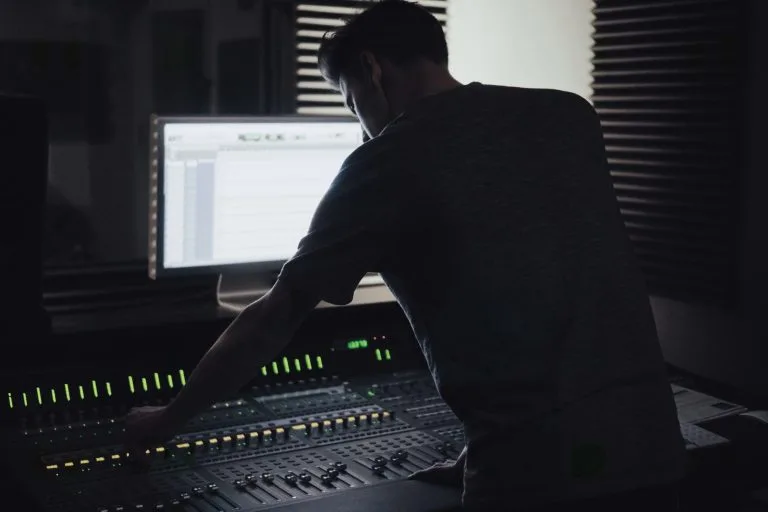
Through a comprehensive understanding of the techniques and challenges involved in forensic audio enhancement, as well as the legal and ethical considerations that govern its use, we have explored the profound impact this field can have on investigations and legal proceedings.
As we look to the future, the potential for further advancements in forensic audio enhancement and clarification is both exciting and promising. The integration of artificial intelligence, cloud-based computing, and collaborative platforms will undoubtedly revolutionize the way this field operates, empowering experts to tackle increasingly complex challenges and deliver even more accurate and reliable results.
If you need professional audio enhancement to uncover the truth in your criminal or civil case, contact Stutchman Forensic Lab today. Our forensic audio experts are here to help ensure that no detail goes unnoticed.
